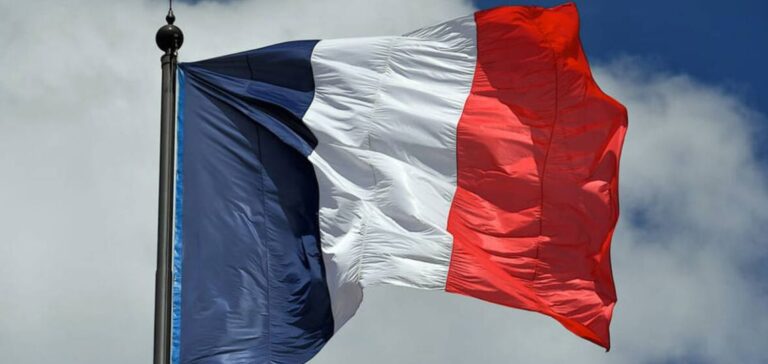The decision to suspend the increase in the electricity transmission tariff, initially scheduled for August 1, 2024, has been confirmed by the French energy regulator, CRE. This increase, which was expected to be around 1%, would have affected around 22 million households and businesses. This measure comes against a sensitive political backdrop of intense debate on energy prices.
Background and Consequences of the Decision
The government’s suspension of the increase in tariffs for the use of public electricity distribution networks (TURPE) is intended to avoid an additional surcharge for consumers. TURPE, which accounts for around a third of the electricity bill, remunerates network operators such as Enedis and RTE for electricity transmission and distribution.
This decision avoids a further rise in bills after an increase of almost 10% last February, due to the phasing out of the tariff shield put in place to mitigate the impact of the energy crisis. This shield had temporarily reduced certain taxes to ease the burden on consumers.
Economic and political implications
The impact of this suspension on consumers varies according to the type of contract. For subscribers to the regulated tariff, the increase would have been relatively modest compared with the 11.7% rise in the price of gas in July. However, electricity suppliers are free to pass on this price change in their market offers.
The political context is also a determining factor. Energy prices, high due to the post-Covid recovery and the war in Ukraine, have strongly influenced recent election debates. By waiving the increase, the government is seeking to ease tensions and avert possible discontent.
Future prospects
Economy Minister Bruno Le Maire had previously announced that the government’s electricity tax, reduced to a minimum since the end of 2021, would not be increased in 2024. He also promised a 10-15% reduction in electricity bills by February 2025, thanks to lower prices on wholesale markets.
This announcement is part of a wider strategy to stabilize energy prices and support households and businesses in the face of fluctuating energy costs. The CRE’s forthcoming deliberations will be crucial in determining changes in transmission tariffs and their impact on future bills.
The evolution of energy pricing and tariff policies remains a major issue for the French economy and politics. Vigilance and adaptability will be essential to navigate these challenges and guarantee a stable, affordable energy supply for all.






















